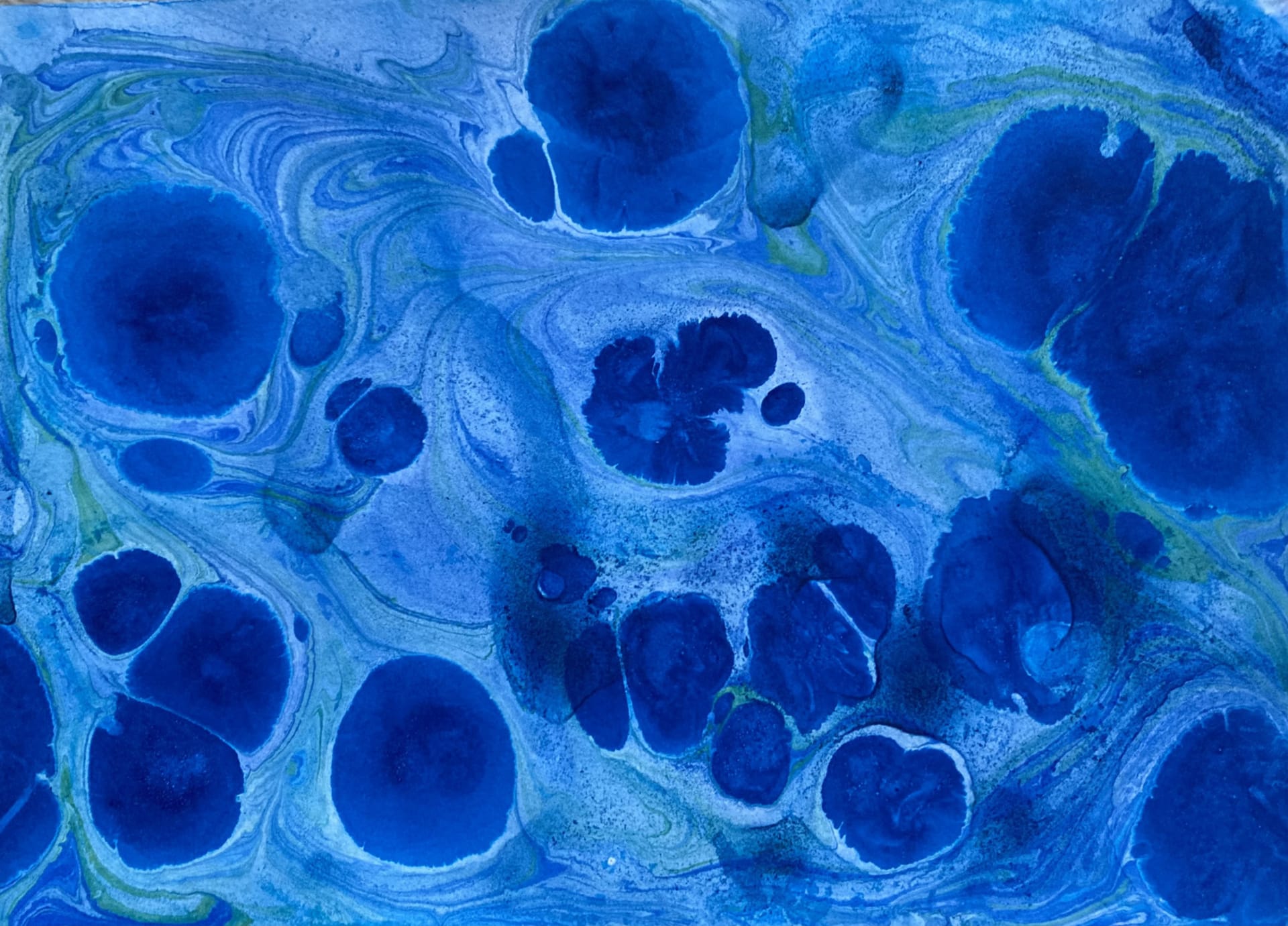Whales are indicator and keystone species, storing carbon in their bodies, fertilising the seas and circulating nutrients from the surface to the depths of the ocean. They have existed for over 50 million years, have complex, species specific culture, travel huge distances at varying depths and are found in all oceans. They speak uniquely of the health of multiple ecosystems impacted by the changes of the anthropocene.
Roger Payne’s seminal 1970 album Songs of the Humpback Whale brought whale song and the soundscape of the ocean to public attention, helping foster the Save the Whale campaign against commercial whaling and the subsequent whaling ban by the International Whaling Commission in 1986. Whale song, with its phrasing, rhyme and continuous variation transformed our understanding of the ocean from a place of silence into a complex, vibrant soundscape full of sophisticated, intricate life forms. This soundscape is now known as the biophony.
Whales rely on sound in an extremely sophisticated, embodied way to hunt, socialise and navigate. As Philip Hoare notes in his book, The Whale: In Search of the Giants of the Sea, “light and smell doesn’t travel easily through water but sound does. It is the most important sense for underwater animals.” In addition, sound travels at least four times faster in water than it does in air. Biologist and author of How to Speak Whale, Tom Mustill, describes cetaceans as “super listeners” explaining “a sonar pulse close by could be like a sound bomb.”
Whale song, and the culture it indicates, is once again under threat, this time from anthropogenic noise (anthropophony) that pervades every ocean, often at alarming frequency. Our proposal wishes to draw attention to the effect this changing soundscape has on whale behaviour and how this impacts the marine environment upon which we all depend.
A MUSICAL AND VISUAL PERFORMANCE: HOME FAR AWAY
We are collaborating with musician Michelle Hromin and her new music collective Standard Issue on a performative response to the above.
Together, we are drawing inspiration from field recordings of whales and anthropogenic noise provided by scientists to explore displacement and the idea of whale solastalgia. We are beginning with a text score called Home Far Away based on practices of deep listening and sound pulsation. Performers will then interact with pre-recorded sounds and cultivate a humanized sense of solastalgia to mimic that of whales. The final event will take the form of Standard Issue’s live musical performance and a live drawing performance by RCA Painting student Cassie Vaughan, hopefully at the Natural History Museum beneath the blue whale skeleton. This drawing will be displayed on a screen behind the performers and act as a conversation, both with the musicians and the sounds to which they are responding.
The project is in development, with rehearsals beginning at the Royal College of Music in March, 2023.


